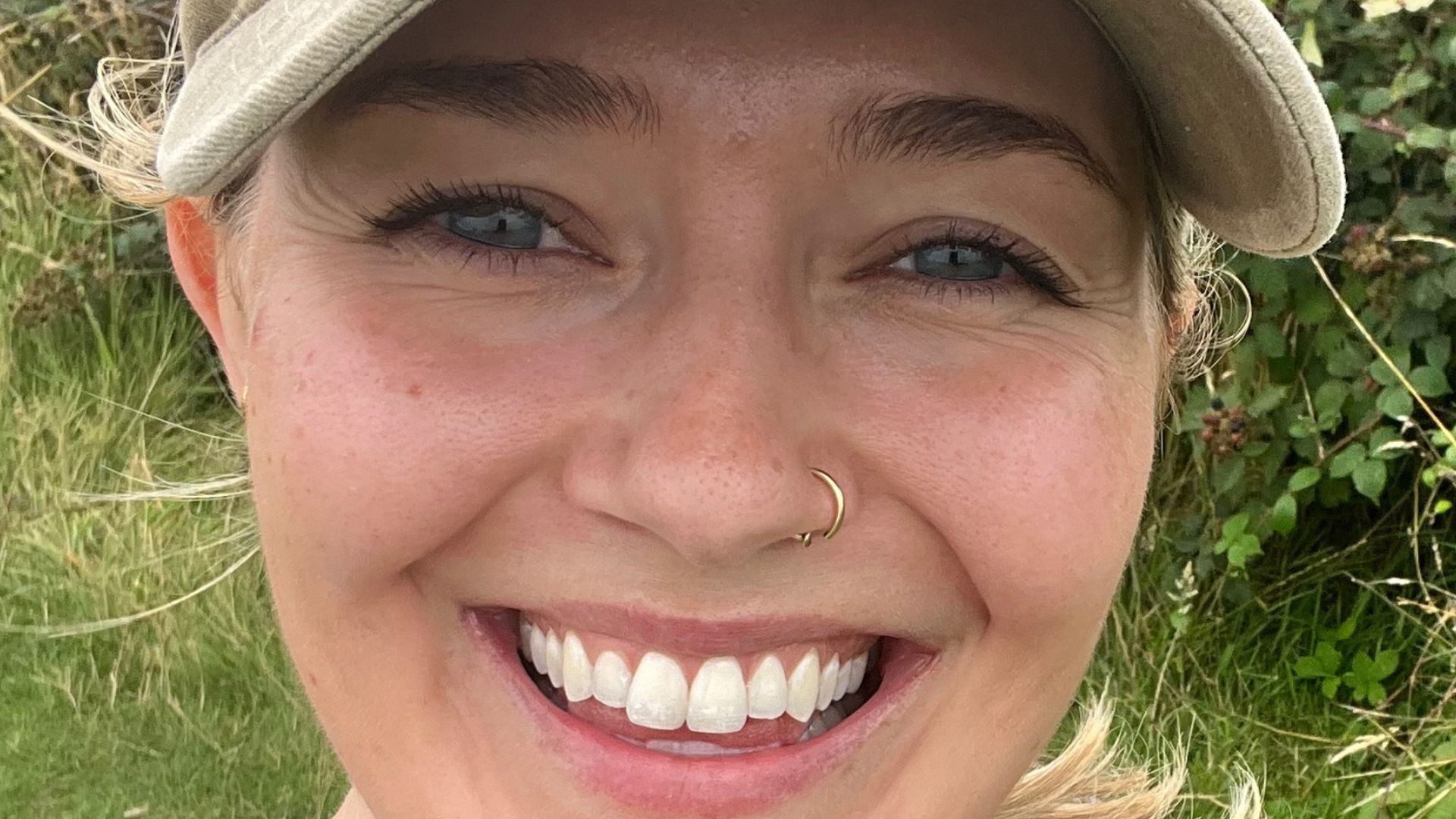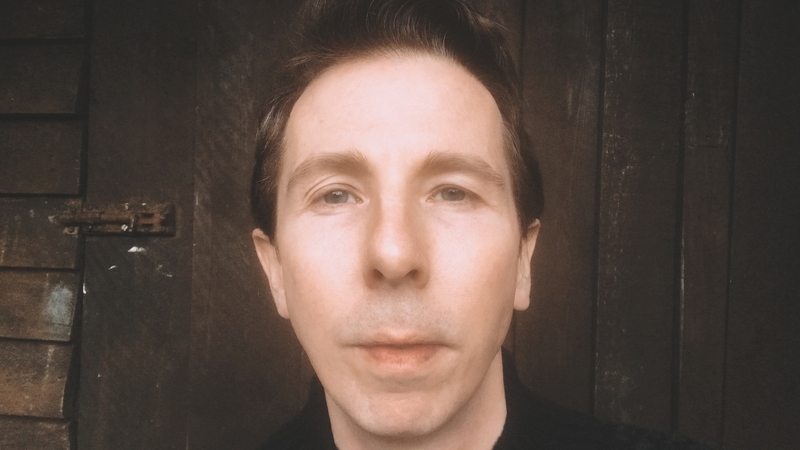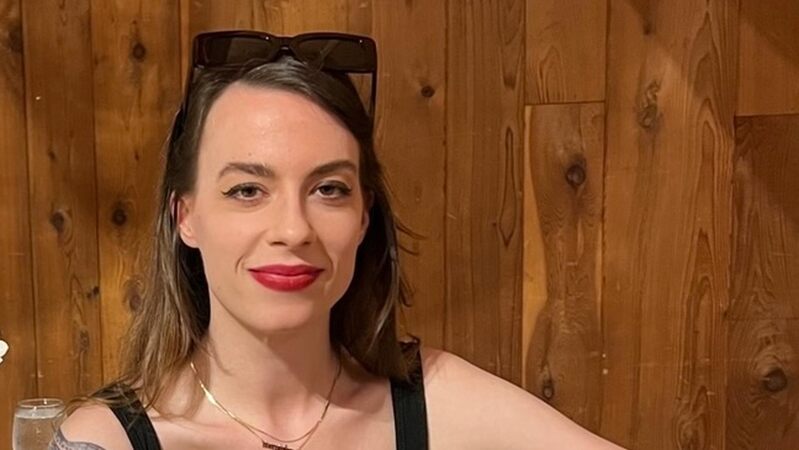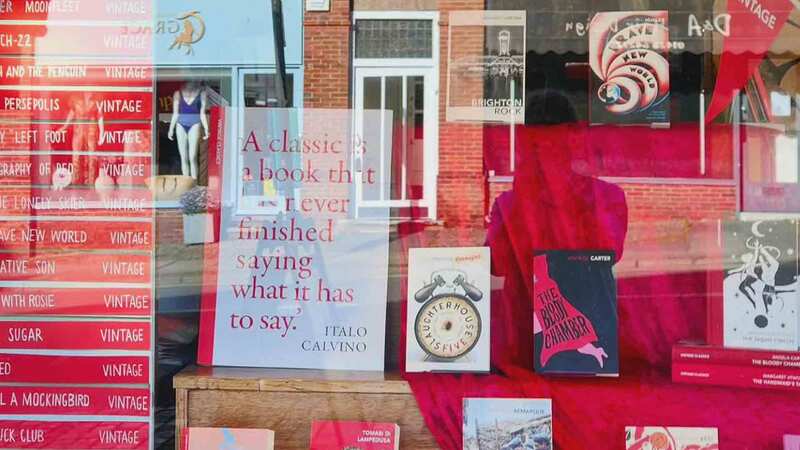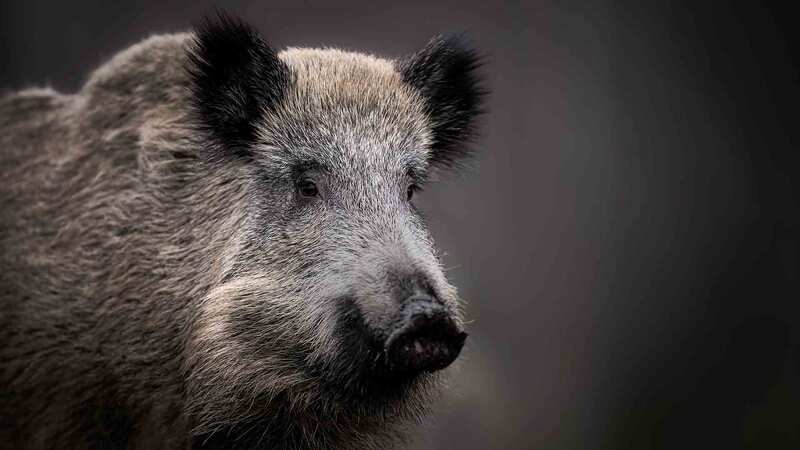You are viewing your 1 free article this month. Login to read more articles.
Shortlist for The Nature Writing Prize for Working-Class Writers 2023 unveiled
The Nature Writing Prize for Working-Class Writers today has announced its fourth shortlist.
Founded by author Natasha Carthew in 2020, the prize recognises unpublished works of up to 1,000 words in any literary category and is open to self-identified working-class writers resident in the UK and not previously published in book form.
It aims to break down barriers and create opportunities for working-class nature writers of fiction, non-fiction and poetry. The Arvon Foundation and The Campaign for National Parks once again join Gaia (an imprint of Octopus Publishing Group) as prize sponsors.
This year’s shortlisted writers are: Manjit Dhillon, Lottie Green, Annie McBay, Ruth Nolan, Ajaz Qureshi and Kirsty Whatley.
The judging panel comprises writers Niellah Arboine, Adam Farrer, Sabrina Pace-Humphreys, Tanya Shadrick and Kiran Sidhu; last year’s winner, writer Jeni Bell; Natasha Carthew, founder of The Nature Prize for Working- Class Writers; Philip Jones, editor of The Bookseller; Juliet Pickering, vice-head of books at Blake Friedmann Literary Agency; and Stephanie Jackson, publisher at Octopus Publishing Group.
The winner will be announced at a ceremony in London on Tuesday 12th September. The prize includes one year’s free membership to Campaign for National Parks, a £300 paid commission to write a National Parks- inspired piece for Viewpoint magazine; an Arvon Course of choice (including online); and three one-hour mentoring sessions with a Gaia commissioner. The six shortlisted writers will also receive a book bundle from the Octopus Publishing Group.
Carthew said: "The prize aims to breaks down barriers and create opportunity for working class nature writers all over the country, and this year’s cohort doesn’t disappoint. With a record number of entrants that truly celebrate the diversity that exists in nature writing, including non-fiction, poetry, field notes, memoir and travelogue; this year’s prize, now in its fourth year, celebrates nature in all its guises, whilst providing a platform for underrepresented writers at the very earliest stage of their careers.
"The best the nature writing has to offer, this year’s entries convey a clear sense of place, be it in your own back yard, the local park, in the middle of a forest or on the edge of a council estate, the outstanding shortlist focuses on the natural world and our human relationship within it.
"I set up the prize in 2020 to burst the stereotype of what it means to be a nature writer and to celebrate the diversity of authentic voices in our country, the kind of working-class voice that doesn’t just come from the country but the towns, cities, housing estates, parks and the overlooked landscapes like industrial, train tracks, wasteland, everywhere."




